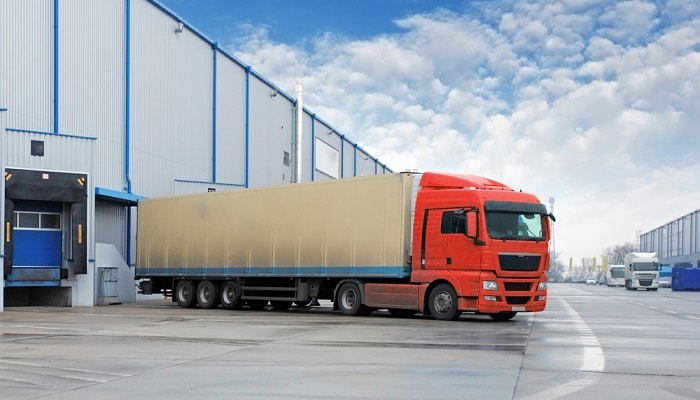Logistics Providers in St. Louis: What is Transloading?
One of the many services that logistics providers in St. Louis provide is transloading. Transloading refers to taking items out of one shipping container or method and into another. While it is usually best done as little as possible, it is still a necessary part of many supply chains.
Containerized Shipping
Containerized shipping represents one of the biggest advances in the history of logistics because they reduce the amount of transloading that is necessary. For instance, a factory in China could fill a container with pallets of boxes of toys. That container could then be trucked to a rail depot, where it gets loaded onto a flatbed rail car for delivery to a cargo ship. The ship could then take the container to the Port of Los Angeles, where it gets located onto another rail car that delivers it to a rail yard in St. Louis. A local train can then deliver the container to one of the facilities operated by one of the logistics providers in St. Louis, like Clark Logistics.
At that facility, one of two things can happen. If the entire container can be forwarded to a regional or local center, it can be placed on a truck or on a different rail car and forwarded along. However, if the contents of the package need to be split up, it can be handled by a transloading facility. In either case, the contents of the container have passed through at least five steps without ever being unloaded.
Transloading in St. Louis
Logistics providers in St. Louis are excellent candidates for transloading services because St. Louis is so centrally located and connected. Most of the country’s population is within two days’ drive, and multiple national and regional interstate highway connections make it easy to access them via truck. The logistics providers in St. Louis can also tap into the area’s Mississippi River port, extensive rail network and access to international air cargo facilities. At the same time, St. Louis’ skilled and reasonably priced logistics workforce facilitate transloading.
Transloading Challenges and Strategies
Transloading introduces an element of risk into a supply chain. Whenever you open a container, take goods, and move them to a different mode of transportation, things can go wrong. Goods can be damaged in the process, they can be taken to the wrong place or they can be left behind. However, these risks can be mitigated.
The key to successful transloading starts with a properly configured facility. The right facility is designed so that products get moved as little as possible. At the same time, they also have extensive tracking systems to help ensure that the right goods are getting put in the right place. Given that transloading can involve preparing shipments for many different types of transportation, a provider that understands how to ship in multiple different ways can offer better results.
Among logistics providers in St. Louis, Clark Logistic Services’ transloading capabilities stand out. Starting with an optimized facility, we layer on direct connections to rail and to road networks as well as proximity to the airport. We add advanced technology for tracking and a highly experience staff. Contact us to learn how our services can optimize your supply chain.
[gravityform id=”3″ name=”Contact Form Short”]





Leave a Reply
Want to join the discussion?Feel free to contribute!